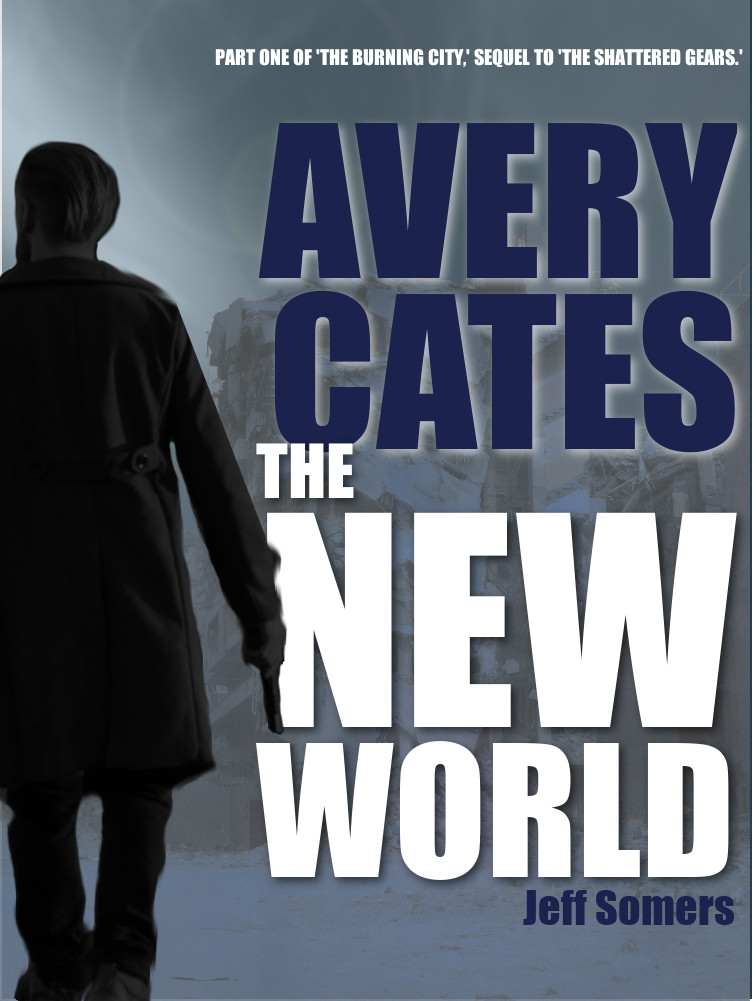Practice Theft

We’ve all heard the old saw about how good writers borrow and great writers steal, and it’s definitely important stuff to think about—great new books are absolutely built using the bleached bones of great old books. That means reading other books, especially outside your usual preferred genres and time periods, is essential.
That doesn’t mean stealing is easy. Obviously, if you’re not careful you’ll blow the alchemical process of transforming the cool stuff you mine out of someone else’s story into your own brilliance, and wind up with a copy instead of something unique.
In his review of Stephen King’s The Outsider, Victor Lavalle talks about one of the first things he ever wrote as a kid, a story unabashedly ripped from King’s Night Shift. He later admits to near-relief when the story is thrown away, because he knows it couldn’t possibly be any good, being far too slavishly tied to its source. It’s easy to simply copy someone else’s style or ideas. It’s much harder to transform them.
The secret is the same as everything else: Practice.
I Keep Telling Y’all to Write More Stories
This is where short stories and flash fiction are your friends. When I’m reading a book and really enjoying it, I have a tendency to naturally rip off the tone, style, and literary devices used in it. Because I write a short story every month (sometimes more than one), I can easily channel this tendency towards theft into a standalone story that lets me play around with these things without ‘infecting’ a longer manuscript. Otherwise these new idea might suddenly appear in, say, chapter 23 of a novel-in-progress, then suddenly vanish again. By working them into a story, I can have fun and start the process of making them my own without any sort of commitment.
If the experiment goes well, I can always write more stories. I can keep playing with these tools until I am actually ready to introduce them into a longer work. And by the time I choose to do so, I’ve gotten comfortable with them. They’re just part of my toolbox.
So, think about what you’re reading right now. Think about what you can steal from it. Then sit down and write something short using this new tool, whatever it is, and have fun with it. It will undoubtedly make your writing stronger.








